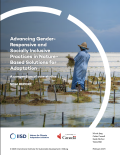
This report highlights how inclusive nature-based solutions can strengthen climate resilience for people and ecosystems.
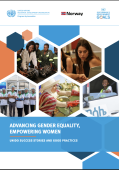
This collection of success stories highlights how women are leading change boosting access to clean energy, strengthening agribusinesses and improving global supply chains.
This case study addresses gender dimensions of hazardous chemicals and waste policies in Kyrgyzstan under the Minamata, Basel, Rotterdam and Stockholm conventions.
This report identifies good practices, policies and initiatives addressing the gender dimension in the context of chemicals management in Bolivia.
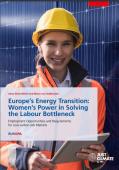
This paper examines the opportunities and challenges of increasing women's participation in the energy sector in the European Union and selected Eastern Neighbourhood countries.
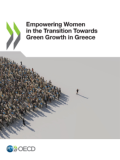
This report assesses Greek environmental and climate policies through a gender lens, and gender equality policies through an environmental lens.

In 2014, 17 administrative wards in Ambikapur were chosen to pilot a new decentralized strategy by setting up Solid Liquid Resource Management (SLRM) centres. The strategy focused on empowering less privileged women through training on a variety of technical and soft skills related to waste management, including how to properly and hygienically dispose of and sort waste.
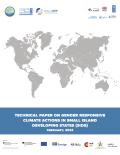
This case study highlights how Small Island Developing States (SIDS) have implemented gender responsive climate actions and draws best practices for SIDS across regions.
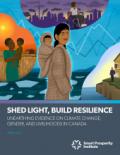
This report synthesizes the most recent evidence available at the nexus between climate change and gender, with a particular focus on identifying intersectional implications of climate change for diverse groups in Canada.
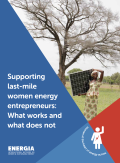
This report presents an overview of a programme that aims to upscale women-centric energy enterprises. Best practices from implementation in seven countries are analysed to support other organizations working on women's enterprise development.
